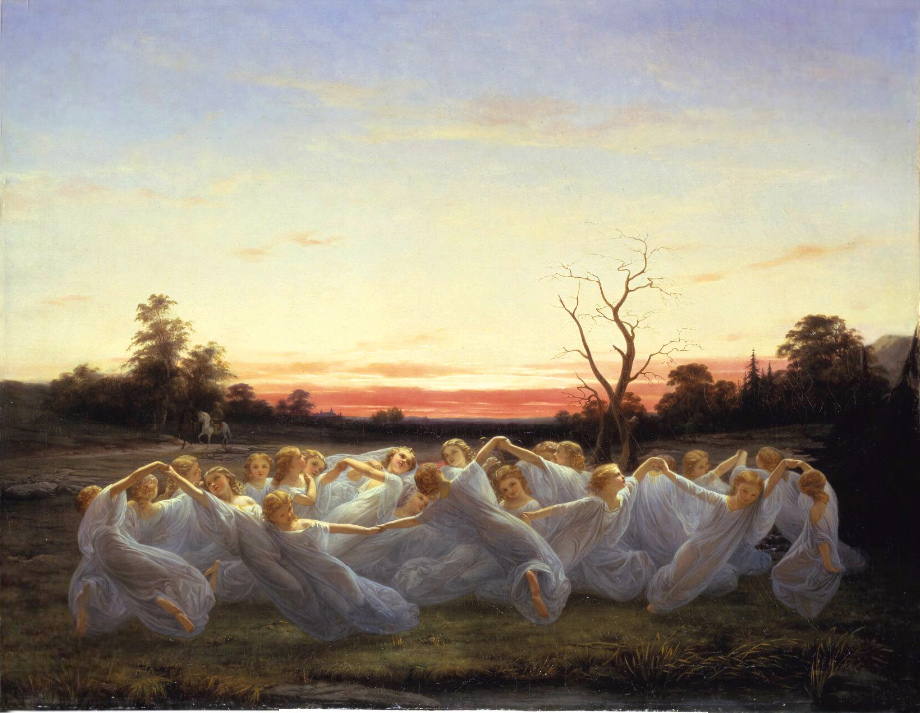
“Journey to Bethlehem,” by Pieter Bruegel (1566)
[I thought it might be amusing to retell the Christmas story in saga style. The result is below. I’d intended to post this Christmas day, but got distracted.
This version includes some imaginary information not found in Luke’s account. This is because sagas are very different literature from the gospels, and the telling detail is a necessary part of the technique, even if you have to make it up. ljw]
There was a man called Joseph, son of Jacob, son of Matthan, one of the clan of old King David from Bethlehem. Joseph was an honest man, and very clever at building things. But he didn’t get on with his kinfolk, especially his brothers. One day he said, “I’m going to move up to Nazareth in Galilee. They talk strangely up there, but at least they talk sense, and there’s work to be had.” And his brothers said, “Don’t let us stand in your way.”
Now Joseph was promised in marriage to a girl named Mary, daughter of Heli, daughter of Matthat, also of the David clan, though they had kin among the priests. Mary was a beautiful girl, and very devout. Some people said she was too devout for her own good. One day when she was praying in the house all alone, a mighty messenger of God appeared to her, clad in mail that shone like the sun, and he said, “Hail, highly favored one! You are about to conceive a Son, whom you will name Jesus. He will be a hero, and will be known as Gudsson, and the Highest of All will set Him in the high seat of David, and He will reign over the Jacoblings forever.”
“How can this be?” asked Mary. “I am a virgin.” Continue reading The Saga of the Nativity




